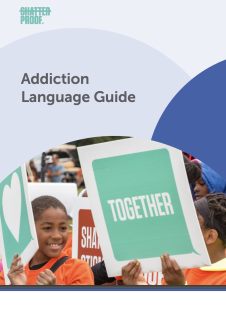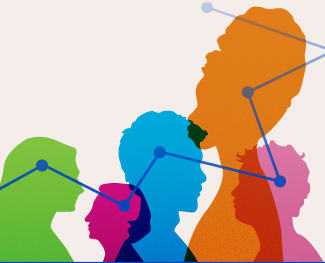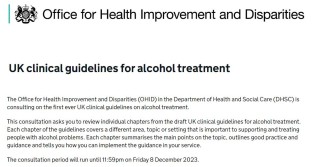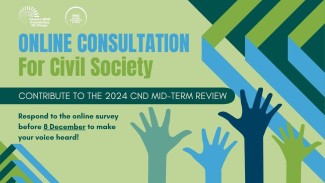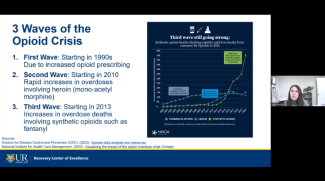Global evidence indicates that early onset of illicit substance use among adolescents and emerging adults is associated with negative mental-health related-outcomes that can persist into adulthood. However, the lack of quality regional data on adolescent illicit substance use and its determinants remains a common barrier to evidence-based policy-making and the development of school-based interventions in Africa. The purpose of our study was to estimate the prevalence and describe the correlates of cannabis and amphetamine use among school-going adolescents in eight sub-Saharan African countries (SSA) – Benin, Ghana, Liberia, Mauritius, Mozambique, Namibia, Seychelles, and Tanzania.

